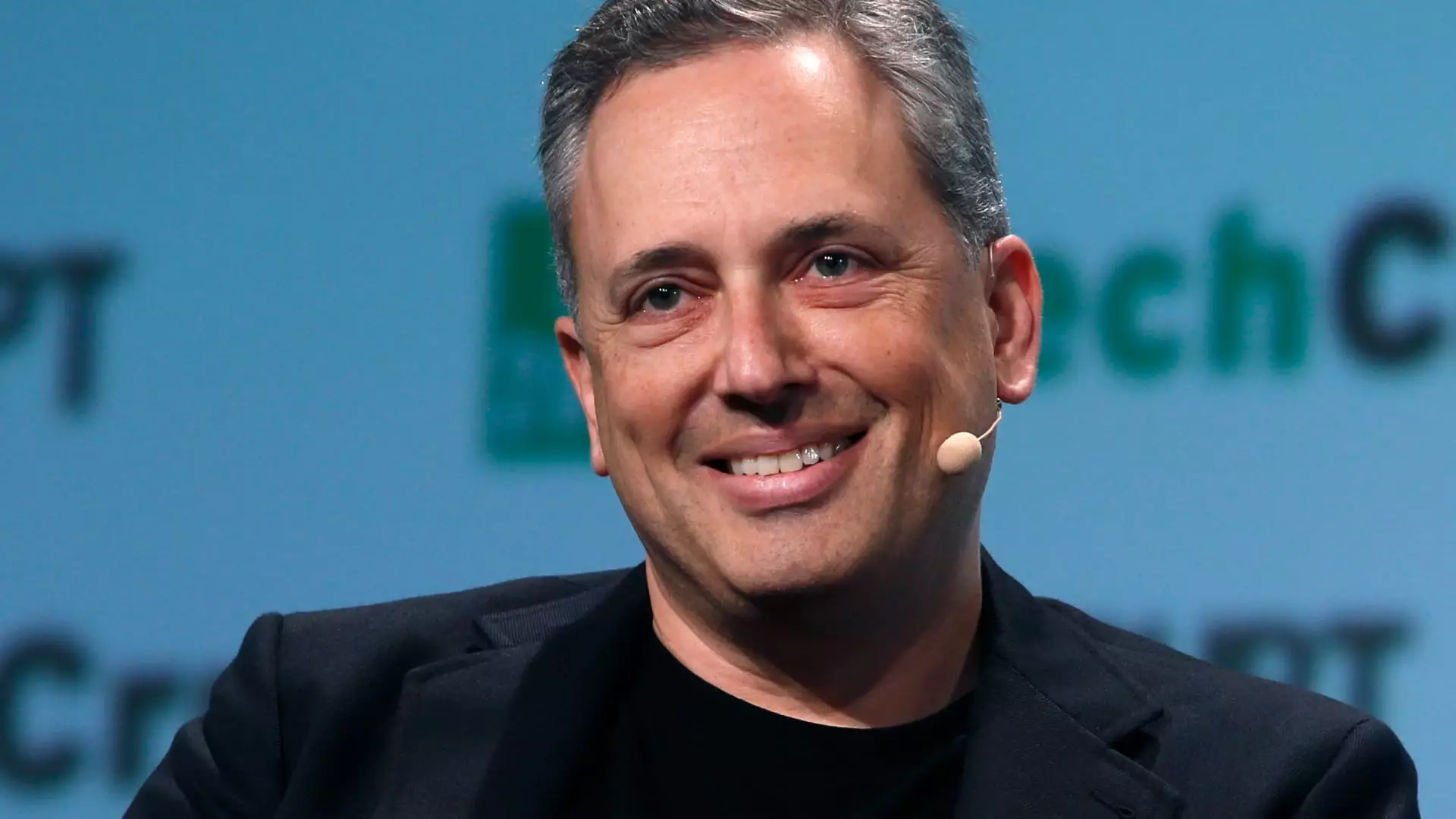The Trump administration has appointed venture capitalist and podcaster David Sacks as the “White House A.I. & Crypto Czar,” in a move that signifies an increasing interest in technology policy from the political realm. This development, announced by President-elect Donald Trump via Truth Social, positions Sacks at the forefront of shaping the United States’ approach to two of the most disruptive forces in modern economic landscapes: artificial intelligence (AI) and cryptocurrency. As the country seeks to enhance its position in these rapidly evolving sectors, Sacks is tasked with crafting a legal framework for cryptocurrencies and heading a council focused on scientific and technological advisement.
Sacks’ new role reflects a broader trend whereby the Trump administration aligns itself with Silicon Valley’s key players, signaling a reward for those who have previously supported Trump’s political ambitions. This partnership could foster an environment conducive to cryptocurrency innovation and growth while addressing critical concerns regarding regulation. Trump’s announcement emphasized Sacks’ commitment to protecting free speech and mitigating perceived biases from major tech companies. This retention of Silicon Valley allies may seek to counteract the narrative that the tech industry operates independently of political influence and may serve to reassure innovation advocates who fear comprehensive regulation could stifle creativity and market growth.
This appointment is particularly noteworthy given Sacks’ previous critiques of Trump. In the wake of the Capitol riots of January 6, 2021, Sacks was vocal about his disapproval of Trump, even going so far as to suggest that the former president was unfit for future candidacy at a national level. This radical shift in allegiance raises questions about the motivations behind Sacks’ change of heart and how his views may have evolved since then. It highlights the complex relationship between technology, finance, and politics, portraying a landscape where loyalty can shift dramatically in response to new opportunities.
Sacks’ background as a successful entrepreneur and venture capitalist adds depth to his new role. His relevant experience includes selling Yammer to Microsoft for $1.2 billion and being associated with high-profile figures such as Elon Musk and Peter Thiel through the “PayPal mafia.” This network not only signifies Sacks’ standing in the tech entrepreneurial ecosystem but also implies potential support for policies that can encourage cutting-edge advancements in AI and financial technology.
As Sacks embarks on this journey in the White House, his work will be pivotal in determining whether the United States can reaffirm itself as a global leader in technology innovation. His initiatives may potentially create pathways that foster collaborative dialogue between technology experts and policymakers, ensuring that innovation is balanced with necessary oversight. As the stakes in AI and cryptocurrency intensify, Sacks’ leadership could significantly define America’s technological trajectory for years to come. By addressing both industry demands and regulatory concerns, Sacks holds the key to unlocking a future where America not only leads in innovation but also does so with a framework that respects freedom and encourages growth.


Leave a Reply